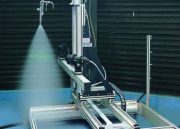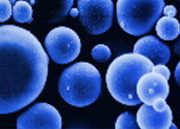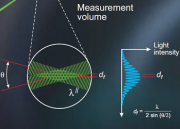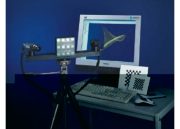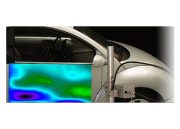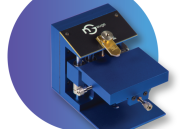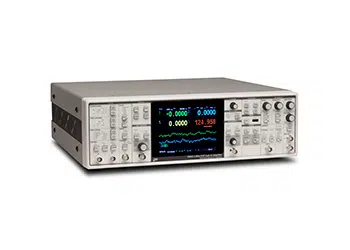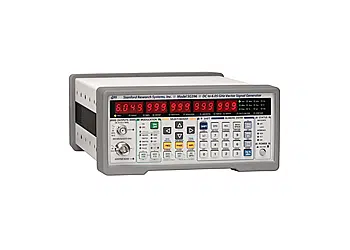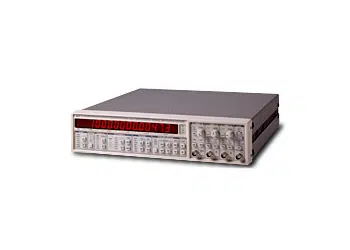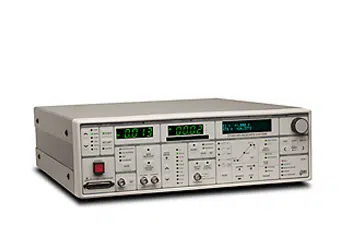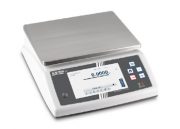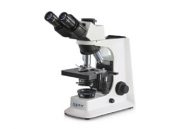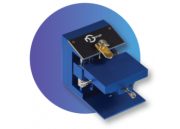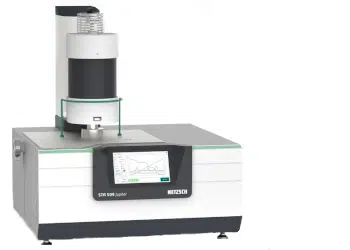STA 509 Jupiter® Serie
STA 509 Jupiter® Serie
Discover our range of carefully tailored Simultaneous Thermal Analysis, each designed to meet different customer needs – the STA 509 Jupiter® Classic, Select and Supreme.
Functional principle:
Simultaneous Thermal Analysis (STA) generally refers to the simultaneous application of Thermogravimetry (TGA) and Differential Scanning Calorimetry (DSC) to one and the same sample in a single instrument. The advantages are obvious: The test conditions are perfectly identical for the TGA and DSC signals (same atmosphere, gas flow rate, vapor pressure on the sample, heating rate, thermal contact to the sample crucible and sensor, radiation effect, etc.). Furthermore, sample throughput is improved as more information can be gathered from each test run.
STA 509 Jupiter® supports with:
- Identification of materials
- Quality control or in the research and development sector for testing polymers, pharmaceuticals, food and many other materials
- Kinetic analyses
- Determination of thermal stability
- Polymorphism
- Investigating materials in a hydrogen atmosphere (hydrogen research)
- Phase transitions
- Oxidation and reduction reactions
- Decomposition processes
- Analysis of the material composition
- Determination of the moisture content
- Determination of specific heat capacity and reaction enthalpies
Advantages of the STA 509 Jupiter® Classic:
- Outstanding price-performance ration
- Ideal device for routine measurements
- SiC furnace
- Sensor options: TG, TG-DTA and TG-DSC
- Temperature range from RT to 1600 °C
- Temperature resolution: 0,001 K
- Maximum heating rate of up to 50 K/min
- Balance resolution: 0,1 µg
- Maximum sample load: 35 g
- DSC enthalpy accuracy: 1 % (for indium)
- ASC of up to 20 sample and reference crucibles (optional)
- Piercing device is available as an option
- Gas atmospheres: inert, oxidizing, static, dynamic, vacuum (10-2 mbar)
- 3 or 4 MFC
- Oxygen Trapping System (OTS) available as an option
- Possibility of coupling with an Evolved Gas Analysis (MS, GC-MS and / or FTIR)
- Proteus®-Software (including device license)
- Front panel or color touch display
- LED status bar
Advantages of the STA 509 Jupiter® Select & Supreme:
- Ideal device for industrial research and academia
- Sensor options: TG, TG-DTA and TG-DSC
- Temperature range of the STA 509 Jupiter® Select: -150 to 2400 °C
- Temperature range of STA 509 Jupiter® Supreme: -150 to 2000 °C
- Temperature resolution: 0,001 K
- Different furnace types are available
- Maximum heating rate depends on the furnace type
- Balance resolution of the STA 509 Jupiter® Select: 0,1 µg
- Maximum sample load for the STA 509 Jupiter® Select: 35 g
- Balance resolution of the STA 509 Jupiter® Supreme: 0,025 µg
- Maximum sample load for the STA 509 Jupiter® Supreme: 5 g
- DSC enthalpy accuracy: 1 % (for indium)
- ASC of up to 20 sample and reference crucibles or integration of a second furnace (optional)
- Piercing device is available as an option
- Gas atmospheres: inert, oxidizing, static, dynamic, vacuum (10-4 mbar), corrosive (optional)
- 3 or 4 MFC
- Oxygen Trapping System (OTS) available as an option
- Possibility of coupling with an Evolved Gas Analysis (MS, GC-MS and / or FTIR)
- Proteus®-Software (including device license)
- Color touch display & LED status bar
For further information, please refer to the technical data sheet or the brochure.
Sie sehen gerade einen Platzhalterinhalt von Google Maps. Um auf den eigentlichen Inhalt zuzugreifen, klicken Sie auf die Schaltfläche unten. Bitte beachten Sie, dass dabei Daten an Drittanbieter weitergegeben werden.
Mehr InformationenSie sehen gerade einen Platzhalterinhalt von Facebook. Um auf den eigentlichen Inhalt zuzugreifen, klicken Sie auf die Schaltfläche unten. Bitte beachten Sie, dass dabei Daten an Drittanbieter weitergegeben werden.
Mehr Informationen


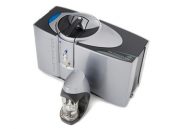

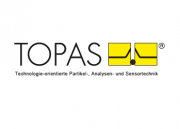
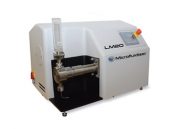
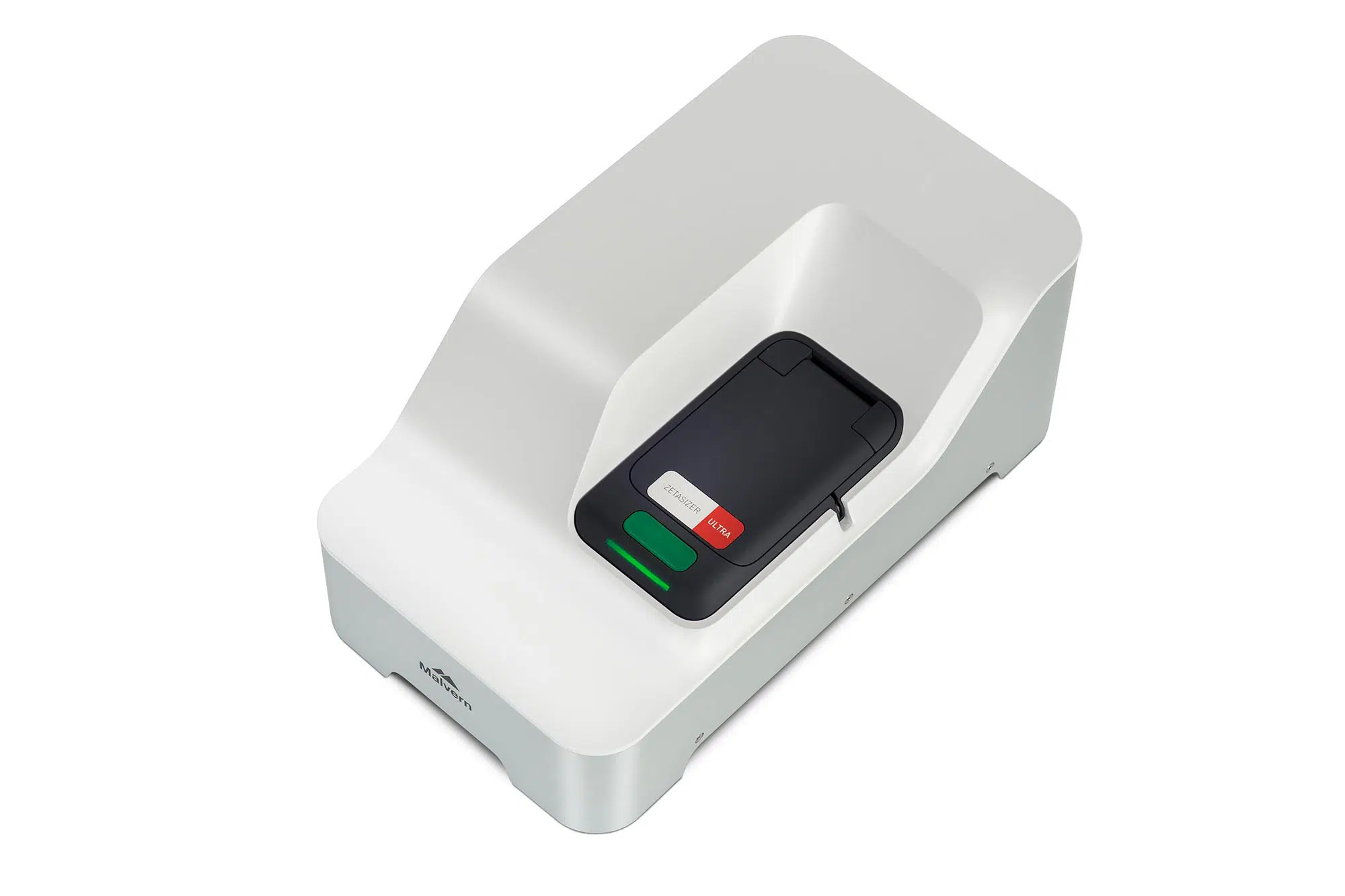
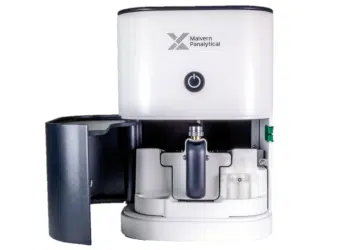



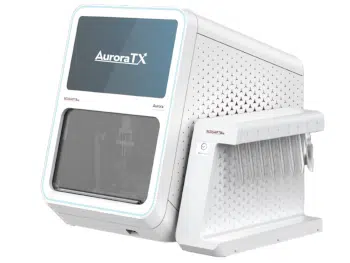
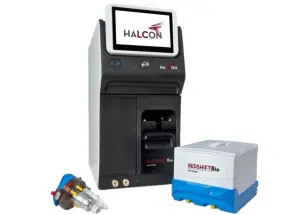
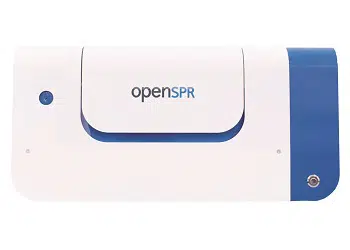
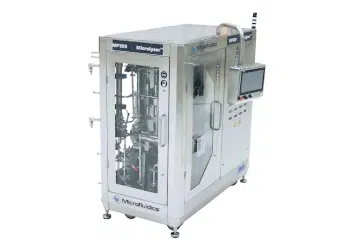
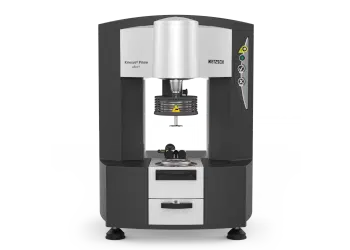
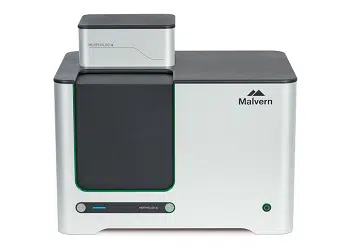
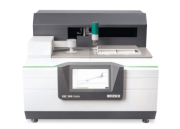






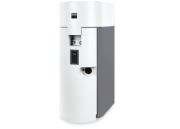

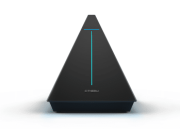
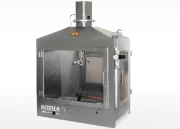
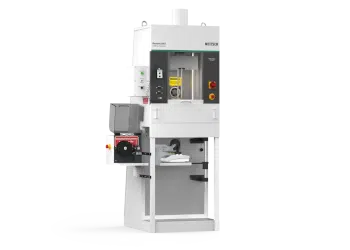
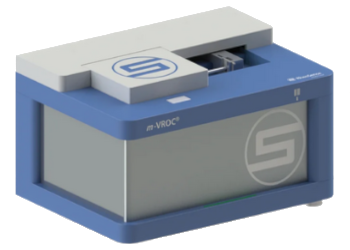


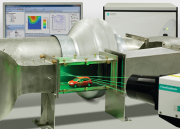
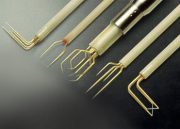
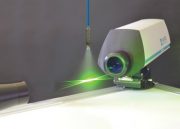
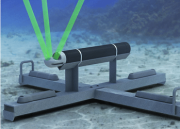
![[:de]kategorie_stroemung_staudruck[:en]kategorie_stroemung_staudruck2[:] [:de]kategorie_stroemung_staudruck[:en]kategorie_stroemung_staudruck2[:]](https://www.prager-elektronik.at/wp-content/uploads/2018/01/kategorie_stroemung_staudruck2-180x129.png)
